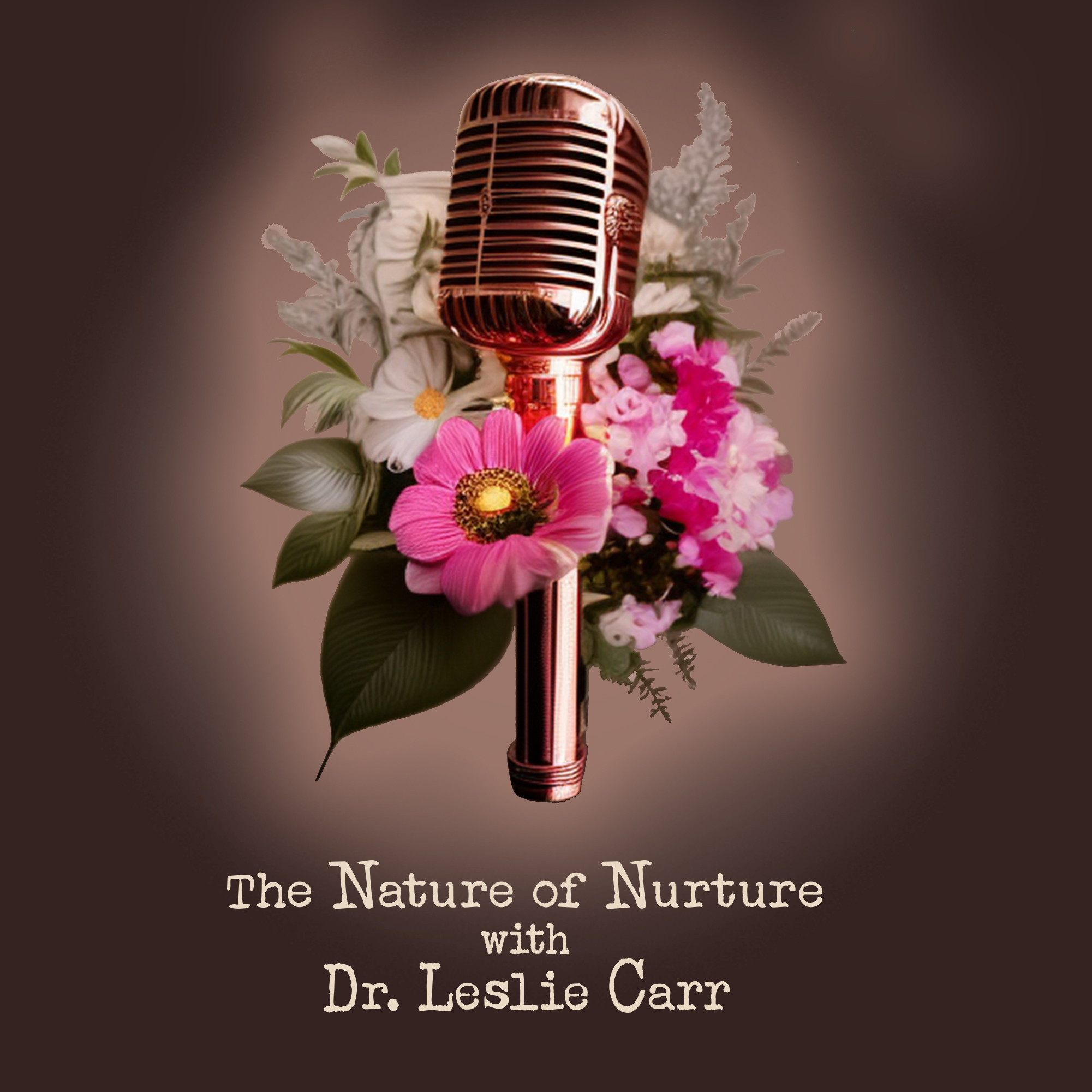Lately a number of people have expressed to me that they think it’s surprising and strange that their past circumstances contribute to their current reality. More than one person has told me that it literally feels like a “cliché” to them that their relationship with their parents, for example, bears weight on the way that they see the world.
One young woman was stunned by the revelation that her relationship with her father was affecting her dating life, and by the notion that she fears men will leave because her father did when she was a kid. Similarly, a young man was shocked that beliefs he has about himself are a result of the way that his mother spoke to him when he was a child.
I have nothing but respect for the insight that’s been generated in these cathartic moments, but I have to laugh at the notion of it being a cliché — because this is how it works, my friends: it’s a cliché for a reason.
All of the experiences that we have in our lives impact us in some way. Our relationships with our parents (or primary caregivers, whomever they may be) matter because they shaped us when we were just beginning to make sense of the world. Those relationships aren’t the only things that affect us profoundly, but because our minds are like sponges as children, our experiences with our caregivers have an outsized influence on the way that we perceive reality.
What seems particularly important to me is to point out that these influences matter regardless of whether the net result is positive or negative. Let me give you a funny example:
I recently watched the Beyonce Knowles documentary on HBO, Life Is But a Dream (yep, I’m totally gonna go there – just roll with it, peeps), and I was pleasantly surprised by how Beyonce speaks very psychologically about the impact that her life experiences have had on her. For example, she says in the beginning of the film that her father was always really hard on her, and that she grew up feeling like nothing was ever good enough for him. Eventually that message became internalized, and now she feels that she’s hard on herself, and that nothing that she does is ever good enough for her.
The reason why I view this as a good example is because the net result of what we’re talking about here is neither good nor bad, per se. In Beyonce’s case, having been raised by a parent who pushed her really hard made her one of the most successful people in history. That kind of pressure has its downsides, to be sure – but it hasn’t been unilaterally negative. Being able to connect those dots without judgment and to make sense of how all of our experiences impact us – good, bad, or ugly – is the very nature of what we call insight.
Something worth adding here is a note about biochemistry and genetics. I’ve noticed lately that there tends to be an increased focus on biology to explain how people behave in the world, and it’s possible that this kind of thinking is what makes it hard for us to imagine how the experiences that we have in life shape us so profoundly.
If we use depression as an example, there seems to be an overemphasis (in my professional opinion) on neurochemical causes and pharmaceutical solutions. It’s not to say that biology doesn’t play a role in our psychological lives, but in my experience it’s extremely rare for people to become depressed solely because of a chemical imbalance. On the contrary, I often witness people coming into therapy, unpacking their narratives, connecting the dots, and beginning to see how things like low self-esteem are a result of (for example) childhood emotional abuse, or a difficulty in attaining the life that we feel we truly deserve to be living.
I recognize that this is a topic that many people feel passionately about, so I want to be clear that I’m not suggesting that there isn’t a time and place for antidepressants and other pharmaceutical agents. I’m just a passionate believer in insight. I believe strongly that the code to self-understanding lies in self-exploration, and that our emotional lives are significantly more complicated than many of us have been led to believe.
As I like to say, there’s more to your psychological life than meets the eye.
Look deeper.


















